US academic: US-centric worldview and hostile policies hindering US-China exchanges
Before rushing to conclude that China is turning inward and isolating itself from the world with its harsh zero-Covid policy, says US academic Wu Guo, the American media should do some soul-searching themselves on how US policies and negative American attitudes towards China have led to dwindling people-to-people contact.
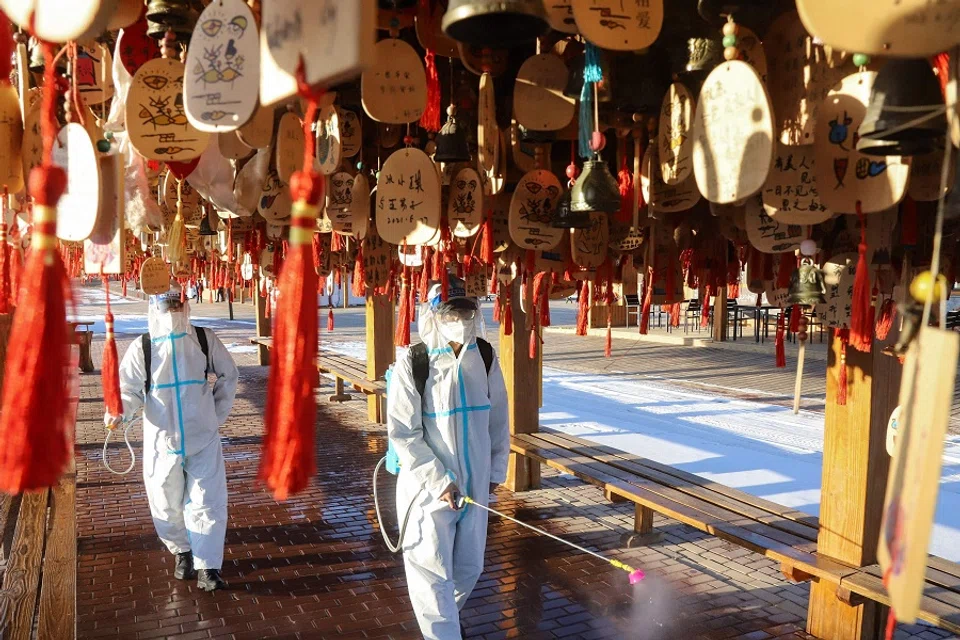
American mainstream media's criticism that China's anti-epidemic measures have led to its isolation from the world, like its entrenched reporting style, is based on a US-centric worldview and a result of demanding too much from China.
The protracted spread of the Covid-19 pandemic that came out of nowhere is a new challenge for all countries and societies in the world today. All governments are exploring a pandemic prevention model that is in line with science, suits the country's own social and cultural realities, and ensures that economic growth and external interactions would not be overly affected.
At present, no society can be said to have got it perfectly right. In fact, the central European region is undergoing a resurgence of Covid-19; a fourth wave of infections is sweeping through the region, mainly because of Germany's relatively low vaccination rate.
Beijing's not the only one tightening up and locking down
The American media may think that China's lockdowns, quarantines and tests are an overreaction. But to the Chinese, the US's actions are ridiculous instead, with their anti-mask rallies, conspiracy theories that microchips could be implanted in humans together with vaccines, and the mass resignations of healthcare workers over vaccine mandates.
But even in the US, while frequent nucleic acid amplification tests are the last resort, they are an essential measure. Since last year, I have taken five such tests sponsored by my employer. And between March 2020 and October 2021, Australia's Melbourne, a city with a population of 5 million people, has already been under six lockdowns totalling 262 days.
...to think that the zero-Covid route is therefore completely wrong and would certainly result in the total isolation of that country from the world is a premature and arbitrary judgement.
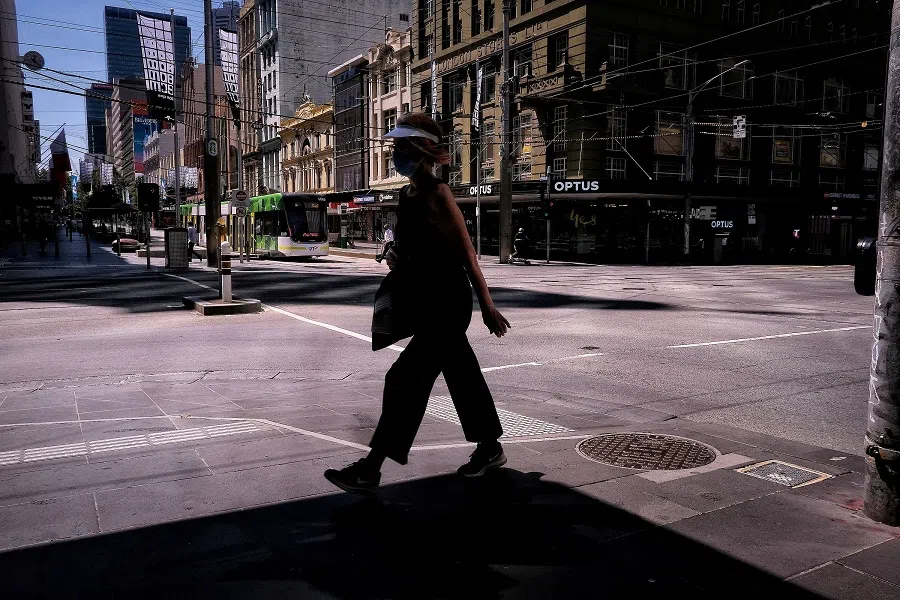
While the world is gradually recovering and opening up, Hong Kong has yet to lift its quarantine policy for inbound travellers who would need to serve either a 14-day or 21-day quarantine. A year-end in-person academic seminar organised by The Chinese University of Hong Kong's Institute of Chinese Studies that I originally planned to participate in could also be postponed. It is highly likely that the 14-day quarantine would make it difficult for overseas academics like myself to plan an itinerary, which means that we may give up attending the seminar altogether.
South Korea has yet to lift a ten-day quarantine policy for all inbound travellers. But immediate family members of Korean nationals, especially children visiting parents, can apply for quarantine exemption from Korean embassies overseas once they've had their vaccinations. While I do think that this is a very humane policy, it may be difficult for China to do likewise considering the size of China's population and its guiding principles on controlling the pandemic.
In the face of the pandemic, one can either adopt the zero-Covid route or choose to live with the virus. While living with the virus is a more realistic compromise in the event that zero-Covid cannot be attained, to think that the zero-Covid route is therefore completely wrong and would certainly result in the total isolation of that country from the world is a premature and arbitrary judgement.
From such a US-centric perspective, it seems as if people-to-people exchanges between China and other countries are not counted as exchanges with the "rest of the world".

I spoke with a friend of mine who works in the import and export trade in China about the impact of the pandemic. He admitted that the current stringent restrictions have affected his international business travels as well as his foreign clients' travels to China for business negotiations. However, he also said that this is a sacrifice that an individual has to make for collective benefit.
In my view, the issue that American media have raised about the impact on people-to-people exchanges between China and the rest of the world should be evaluated from another perspective.
The first problem with this criticism is that American media subconsciously think that the US equates to the world outside of China. From such a US-centric perspective, it seems as if people-to-people exchanges between China and other countries are not counted as exchanges with the "rest of the world".
Before the pandemic, Chinese academics maintained frequent exchanges with scholars from various countries including the US. In 2018 and 2019 prior to the Covid-19 outbreak, I participated in three large-scale international academic seminar conferences held in China in the summer. Sinologists from Japan, South Korea, India, Canada, Northern Europe and Africa participated in these three conferences mainly related to philosophy and Buddhism, and I had also interacted with them. On the contrary, I rarely saw any American academics at these conferences.
In the summer of 2019, I also observed the state of Beijing's hospitality and tourism industry, and participated in a one-day tour group for English-speaking foreign tourists. I also went on a government-run bus alone to tour the Badaling Great Wall. At all of the hotels that I stayed at - Beijing Friendship Hotel, Qianmen Hotel, and the Great Wall Hotel - as well as the various tourist attractions, local Chinese tourists and local conference personnel made up the majority. Only in the Great Wall Hotel were there a few American business travellers. Observably, the current tourism industry has long been dominated by local visitors, unlike back in the day when tourists mainly came from the West and Japan.
Here, this "world" refers to the "whole world", and not the idea that "America is the world", which Americans are obsessed with. In this aspect, Americans are extremely narcissistic.
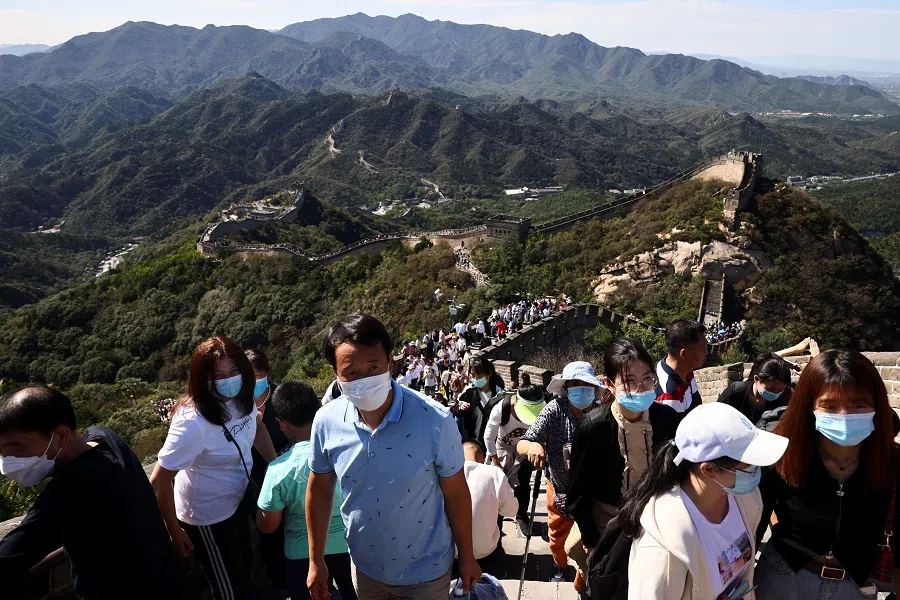
Apart from an American girl who tagged along with a Taiwanese girl studying in the US, among the other tourists who also joined the one-day Beijing tour like me were a Mexican, an Indian from Singapore, a Chinese who gained Canadian citizenship, and Indians who permanently reside in the US or the UK - our little tour group was quite diverse indeed. When I toured other Chinese regions, I have also met international students from Pakistan and Malaysia.
Researchers studying modern China are well acquainted with the US-centric viewpoint. Some studies say that while China had almost zero contact with the US during the seemingly isolated Mao Zedong era, it was not completely disconnected from the "world". The target of its people-to-people exchanges - such as the translation and publishing of literary works, film dubbing, art group visits and so on - included the Soviet Union back then and Eastern European countries; its business ties include exchanges between the mainland and Hong Kong; while the target of its technological exchanges includes the UK. Here, this "world" refers to the "whole world", and not the idea that "America is the world", which Americans are obsessed with. In this aspect, Americans are extremely narcissistic.
US-China tensions to blame, not the pandemic
The Americans did not try to actively understand China. Even before the pandemic broke out, statistics from the Modern Language Association showed that the number of university college students learning Chinese grew from 28,456 in 1998 to 61,055 in 2013, recording a 115% increase. But it declined 13% from 2013 to 2016, and continued to decrease in recent years.
Other reports also state that at the end of 2011, only 14,596 American students went to study in China - less than 2% the number of Chinese students who furthered their studies in the US in the same period. These trends were recorded prior to the pandemic and thus have nothing to do with the pandemic.
Overall, since 2013, the rate of refusal [of US visa application] has steadily risen. Similarly, these happened prior to the pandemic and had nothing to do with it. Instead, they are related to US policies.
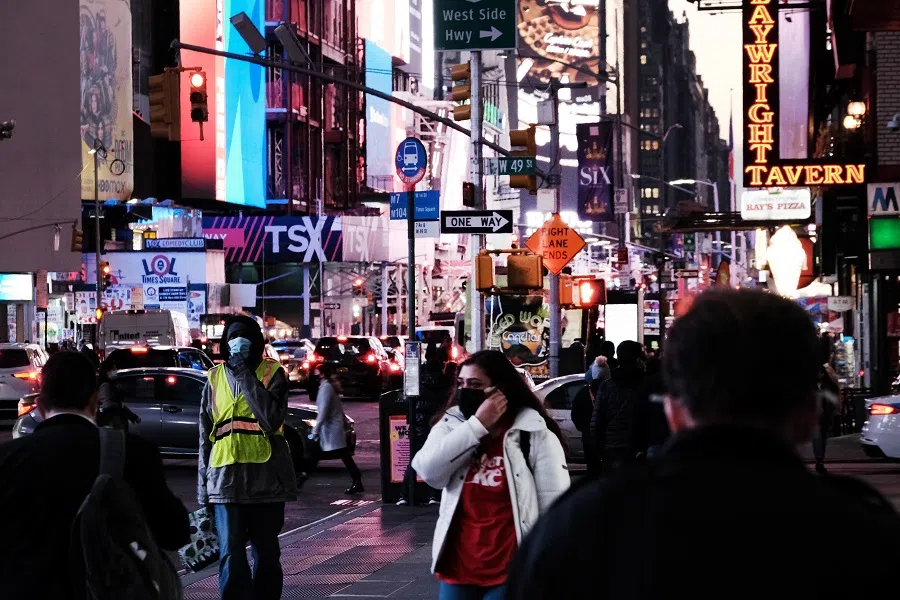
The US's China policy prior to the outbreak of the Covid-19 pandemic also affected non-governmental exchanges between China and the US. According to statistics released in 2019, since the China-US trade war started in 2018, Chinese tourism to the US has dropped by over 8%. At the same time, 17% of Chinese visitors who applied for a B visa (for business or tourism purposes) were refused, but each of them had to pay an application fee of US$160. Overall, since 2013, the rate of refusal has steadily risen. Similarly, these happened prior to the pandemic and had nothing to do with it. Instead, they are related to US policies.
Unwelcoming stance towards Chinese students a root cause
Despite worsening perceptions of public safety in the US (since the start of the year, two Chinese students from the University of Chicago have been shot to death), rising anti-China sentiments and the pandemic, Chinese students have continued to study in the US. On the other hand, Americans lack the motivation and interest to understand China for various reasons.
...it is the attitudes held by the Americans that are truly restricting people-to-people exchanges.
Whenever US commercial media and government agencies release information about fluctuations in the numbers of Chinese students studying abroad, they seem to never positively evaluate the contributions of Chinese students to American academic research and campus culture. They are only interested in how much tuition fees they are able to get from them. But even as cash cows, Chinese students are not welcome.
A Pew Research Center study published in March this year showed that a majority of Americans (55%) support limiting the number of Chinese students studying in the US. One-fifth of them strongly support this idea. Hence, it is the attitudes held by the Americans that are truly restricting people-to-people exchanges.
The real long-term obstacles to people-to-people exchanges are relevant US policies and their hostility and frequent criticisms directed at China. These problems are not the result of China's anti-epidemic measures, which have only been implemented over the last two years. In fact, this situation calls for Americans to reflect on their attitudes towards China and other cultures.
"But when you are in a so-called free system you never think about whether you are brainwashed." - A Chinese youth
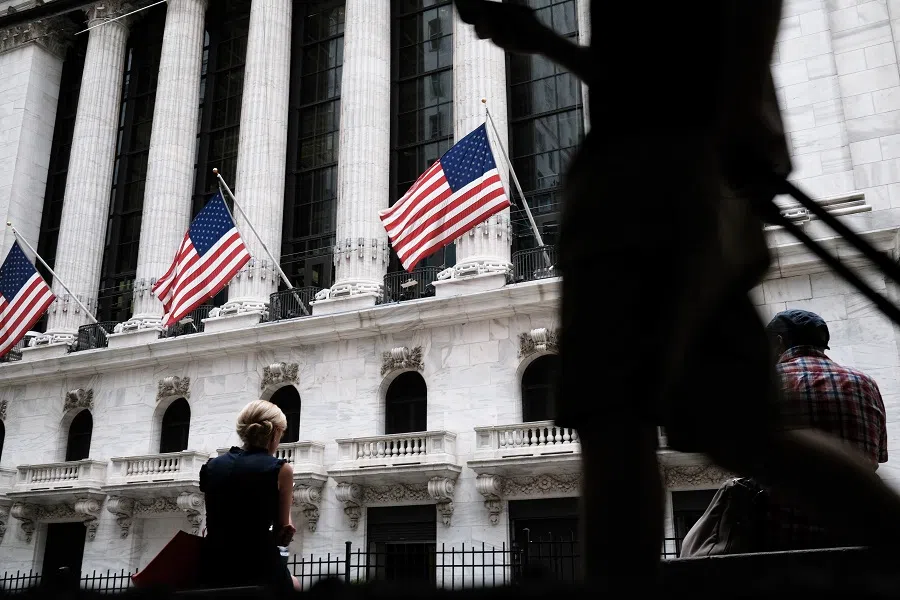
However, instead of tracking long-term changes, analysing the interplay of multiple factors and reflecting on the US's own part to play in the matter, American media is happy to create sensational news and oversimplify the situation to that of China's anti-epidemic policy leading to people-to-people exchanges between China and the rest of the world being drastically reduced. This false causality is further magnified by US-centric beliefs that "the US is the world" and "reduced exchanges with the US tantamount to isolation from the world". I think that opposition between China and the West is actually created by the Western media's arrogant belief that "China is always wrong".
In the book Chinese Characters: Profiles of Fast-Changing Lives in a Fast-Changing Land published by University of California Press, American academic Evan Osnos recorded this comment from an ordinary Chinese youth: "Because we are in such a system, we are always asking ourselves whether we are brainwashed," he said. "We are always eager to get other information from different channels." Then he added, "But when you are in a so-called free system you never think about whether you are brainwashed."
I think this is a statement that Americans should think very much about.
Related: Is a zero-Covid policy adversely affecting China's economic recovery? | When Beijingers can't return home: Is China going overboard with its zero-Covid measures? | China's zero-Covid regime: My home quarantine experience in Beijing | Why China is determined to achieve 'zero-Covid' | Is China taking policies to the extreme to achieve zero-Covid? | A zero-Covid strategy has worked in China, but will it work elsewhere?




![[Big read] When the Arctic opens, what happens to Singapore?](https://cassette.sphdigital.com.sg/image/thinkchina/da65edebca34645c711c55e83e9877109b3c53847ebb1305573974651df1d13a)
